QuestionHi,
We have a 50 lb 16-17 month old retriever/hound/border collie mix. This is
our best guess based on her looks and behavior. We adopted her from the
SPCA when she was about 8 months old with no previous training. She has
done very well so far and is well behaved in the house. She is a very high
energy dog who loves people and other dogs so we take her to the dog park
a lot to help her work off her energy and have fun with other dogs. As time
has passed, her behavior at the dog park has become concerning. She used
to match her play style to that of whatever dog she was playing with, and she
still does, but more and more often she acts like a big bully and intimidates a
more submissive dog. She will be very rough with them by knocking them
over, play biting, barking, growling and chasing them if they are trying to get
away. She has never hurt the other dog. In these situations, I remove her and
give her a time out in a sit. If it continues, then I leave the park. Is there
anything else I should be doing?
Her other concerning behavior happens when two other dogs are having a
rough play with each other that involves growling and barking. Our dog HAS
to get involved and the intensity of the interaction between the three dogs
escalates. Although it looks like a fight, the dogs never seem to get hurt but
we don't wait long enough to find out if that could happen. Again she gets a
time-out and leave the park if necessary. Sometimes a real disagreement
occurs between two other dogs, and ours has to get involved there as well.
Luckily, she hasn't been hurt.
I know the simplest solution would be to discontinue the dog park but given
the dog we have, we would rather work on her behavior there than give up
the one place that she can get the exercise and stimulation she needs. A
great deal of the time, her behavior there is fine. We just need to deal
effectively with her when she is being inappropriate so that she learns it is
not acceptable.
More info:
1) She tends to be more on the dominant end of the spectrum compared to
most dogs that are at the park.
2) She learns fast but can be stubborn about obeying sometimes.
3) She's very confident.
4) She gets bored easily and wants a lot of attention from us.
I would appreciate any suggestions you would have,
Thanks.
We tried whistle training recall and although she responds very well to the
whistle when in calm situations, she will not respond when in the midst of
this frenzy.
AnswerYour dog is obtaining the first stage of adult behavior (age 18 months to around 3 years); she is quite dominant. The behavior you are seeing toward other dogs is a clear demonstration of her need to control; this is most likely partly inherited (herding breed) but she may also have a mix of a guarding breed (I wish you had enclosed a picture.) She is "chasing" and nipping at other dogs because it is in her nature to herd and control; she is attempting to mix in with other dogs who are quarreling or obviously (to her) working out a rank issue in order to control them and make a statement of her own. The other dogs are doing what comes naturally, they are deferring to her and so far no blood has been spilled. This can't be guaranteed to remain the case. She may one day attempt to make a strong rank statement to another dog of equally strong temperament, and then you will have a hell of a mess. Any recall is quite difficult (if not impossible) when a dog is in the midst of an emotionally charged behavior; this is why such a dog is not allowed off leash.
Her demand for attention from you is a form of rank opportunism (and perhaps actual dominance, although this is quite rare.) You need the expertise of a hands on professional to teach you how to appropriately use positive reinforcement training and to rehabilitate your dog's self perception of high rank in your household and toward other dogs. This can't be done without in person evaluation. This dog needs to be put on a Nothing in Life Is Free regimen for at least a year; she needs to be kept off furniture, out of bedrooms; her favorite resting places in your home need to be evaluated for dominance and slowly changed; these changes (behavior modification) need to be done in steps, not all at once. Until you have obtained full control over this dog physically (with positive reinforcement and behavior modification) you cannot allow her to interact freely with other dogs in the dog park. The likelihood that, as she matures further, she will inflict injury on another dog is high and, should she meet her "match", great injury can befall her and/or the other dog. A certified applied animal behaviorist will be able to reintroduce her to the dog park and teach you how to manage her participation there. Contact the veterinary college in your geographical area and ask for referral.

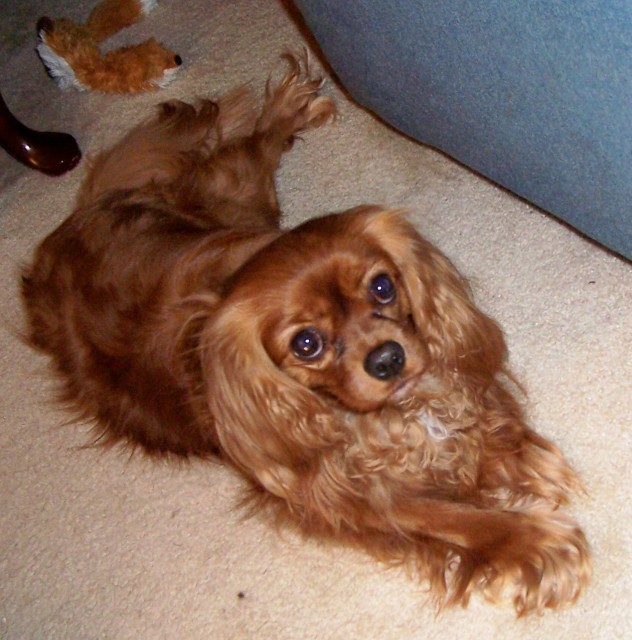 Dog light and shadow chasing
Question
Jenni
My 3 year old Cavalier King Charles Span
Dog light and shadow chasing
Question
Jenni
My 3 year old Cavalier King Charles Span
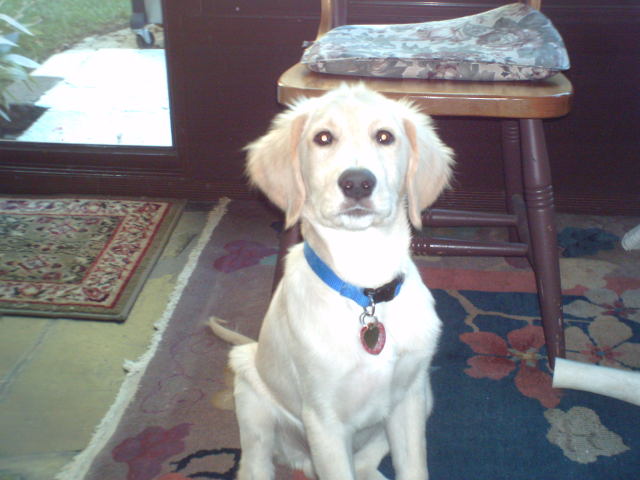 my 7 month old golden changed for the worse
QuestionRiley at 6 months
QUESTION: I got a gold
my 7 month old golden changed for the worse
QuestionRiley at 6 months
QUESTION: I got a gold
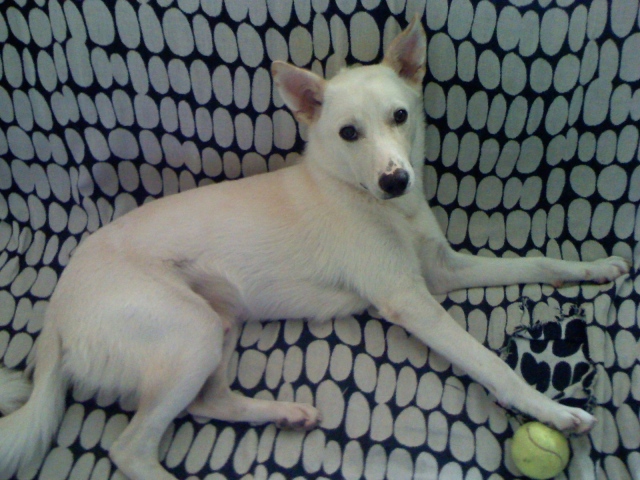 Dog walking problems
Question
Snickers
I have been trying to train my dog SN
Dog walking problems
Question
Snickers
I have been trying to train my dog SN
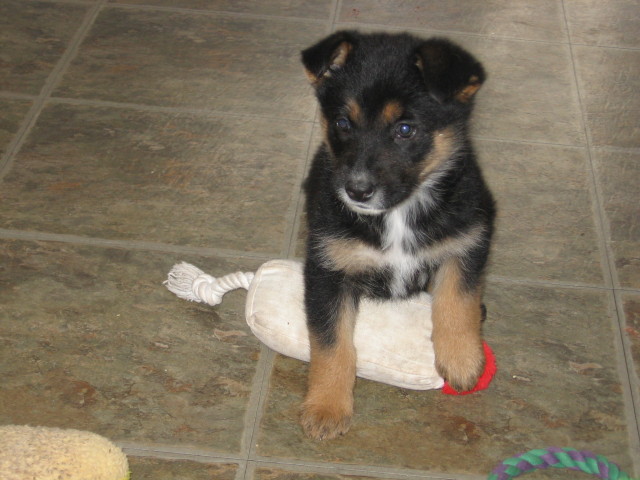 puppy problems
QuestionQUESTION: I am the proud owner of 2 german shep
puppy problems
QuestionQUESTION: I am the proud owner of 2 german shep
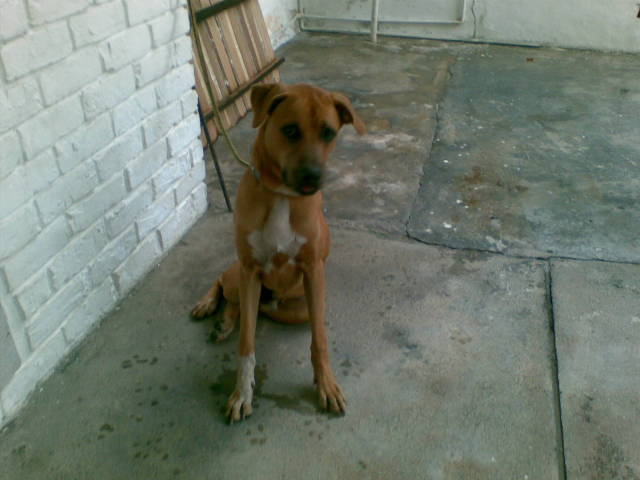 dogs behaviour
QuestionMy 8 months old Dusto
QUESTION: My puppy
dogs behaviour
QuestionMy 8 months old Dusto
QUESTION: My puppy